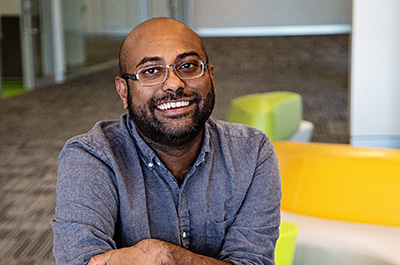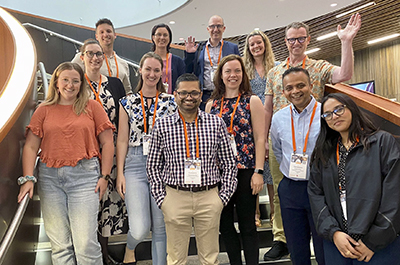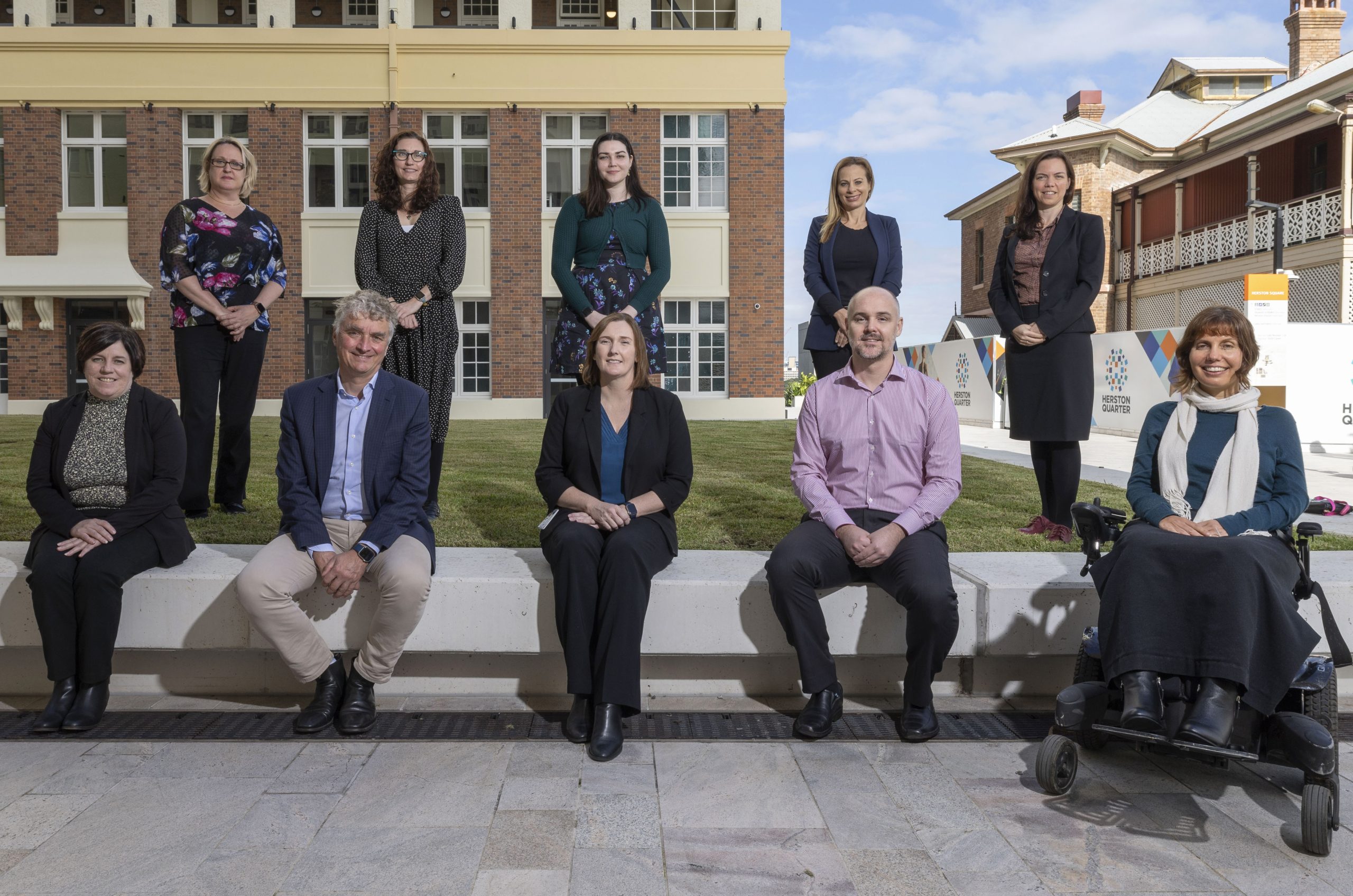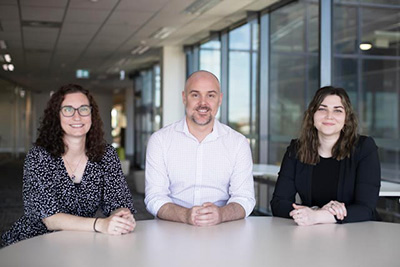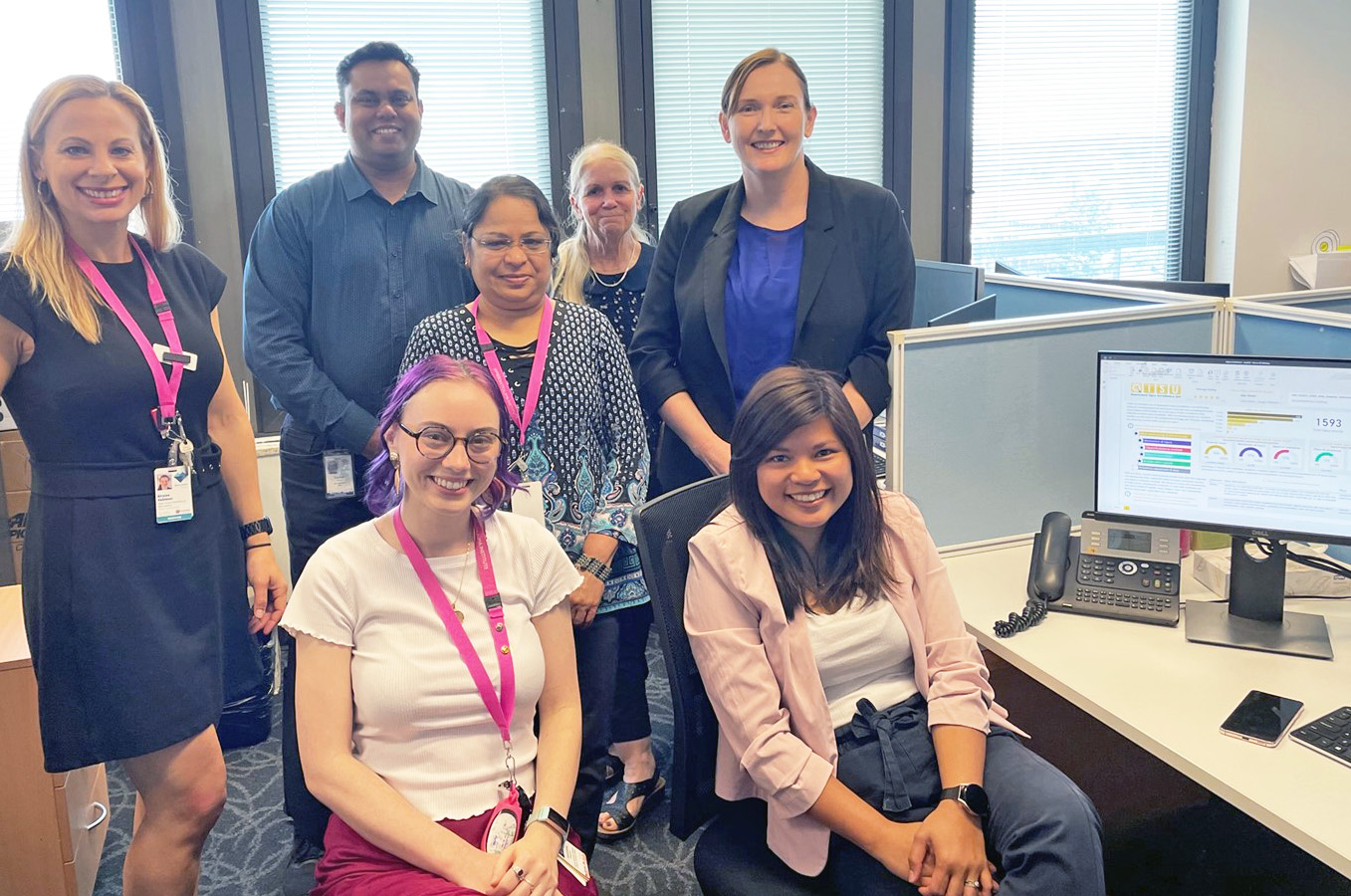Researcher Spotlight: Sundresan Naicker
Dr Sundresan Naicker, AusHSI Research Fellow - Implementation Science, highlights health system improvement as the driving force of health services innovation.
What to do when applying for research grants is a waste of time for almost everybody
Research funding schemes with low success rates have enormous opportunity costs. It may provide a warm feeling to be rewarding all fields and career levels, you can only do this if you have the money to back it up.
Researcher Spotlight: Qing Xia
Dr Qing Xia, AusHSI Research Fellow - Health Economics, explores the ways in which health services innovation can optimise the performance of the health system.
12th Health Services Research Conference (HSRAANZ)
The AusHSI Research Team had a strong presence at the 12th Health Services Research Conference. Delegates explored themes of resilience, innovation and value, and the role of HSR in embedding these principles into our health systems.
Researcher Spotlight: Wendell Cockshaw
Dr Wendell Cockshaw, AusHSI Senior Research Fellow - Statistics, explores how the digital transformation of healthcare is helping to find solutions to major public health challenges.
Researcher Spotlight: David Borg
AusHSI Research Fellow David Borg has expertise in exercise physiology, statistics, and meta-science. In this blog, David shares his perspectives on the importance of health services innovation.
The role of Health Information Managers in trauma research
Brett Droder, Genevieve Westacott and Jesani Catchpoole have rare research-centric positions as Health Information Managers at JTI, using their health information knowledge and diverse expertise to work with trauma data.
AusHSI-JTI Trauma Week
The impact of sustaining an injury on an individual can be life altering. Learn how AusHSI and JTI are working to transform trauma care in Queensland and beyond.
Trauma PhD Student Perspectives: How linking health data collections can enhance our understanding of injury outcomes
AusHSI-JTI PhD students Jacelle Warren, Adam Rolley and Sam Borg are researching how to better use commonly collected health data to enhance the outcomes of injury.
Machine-learning delivers timely outcomes for injury surveillance
The Queensland Injury Surveillance Unit (QISU) has developed an automated means of classifying injury data via machine learning to assist human coders in their manual coding and validation activities.
The burden and pattern of injuries related to consumer products in Australia
JTI are well known for our work in injuries related to consumer products like e-scooters, but what you may not know is that our team have been working the broad product safety space for over 10 years!
The AusHSI-JTI partnership
The AusHSI-JTI partnership harnesses the expertise of one of Australia’s leading health services research centres with Australia’s newest clinical-academic trauma institute to improve trauma service delivery.



